“I’m so sorry for your loss.”
It felt like the millionth time I’d heard that sentence that day. All I could do was practice saying thank you without smiling and hope no one could tell how undeserving of sympathy I felt as we left the church behind my grandmother’s casket. We had come back to my father’s small hometown of Dover, Ohio, where everyone knew everyone and seemingly nothing had changed in 40 years.
Here, I was the cousin that no one knew, the granddaughter who’d never come to visit, and the shy daughter standing behind my father like a sheepish toddler in a grocery store.
When we got to the burial ground, we quietly filed ourselves into rows of plastic folding chairs lined up like soldiers. I sat next to my dad with my purse in my lap, armed and ready with tissues and granola bars. My aunt approached the casket to read the eulogy. She told a story that my grandmother had told her about my father, or, Ricky, as his mother had apparently called him.
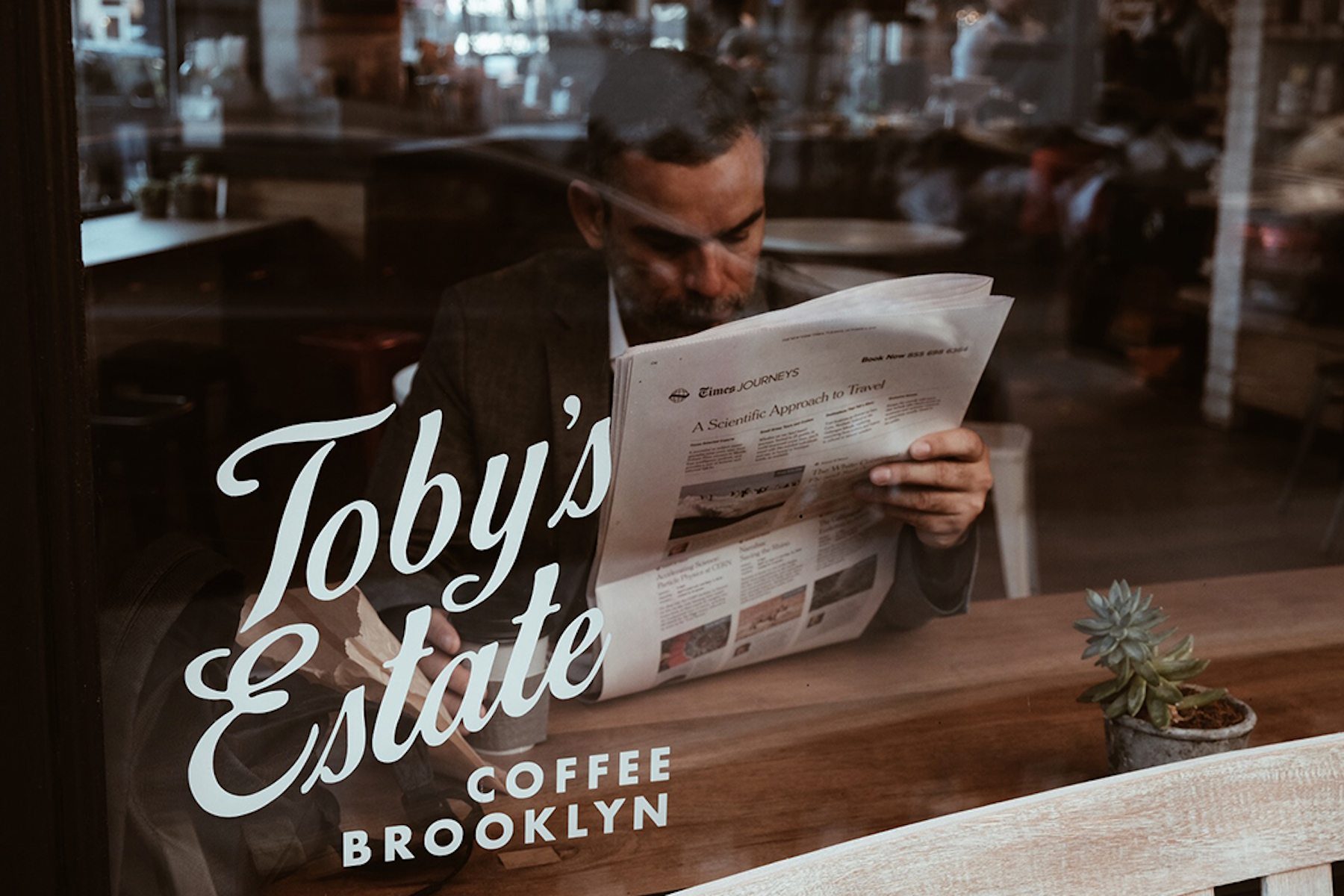
According to legend, they had gone for a family picnic at Sugar Creek, and Ricky had brought his toy boat. He loved his boat so much that he would cradle it like a baby. When it was time to leave the creek, Ricky was so fixated on playing with his boat downstream that he didn’t notice his parents and brothers accidentally driving off without him. As we listened, my father became a child beside me. I felt his chest rising and falling in his chair, laughing melancholically as he remembered a place I’ve never been and mourned a woman I hardly knew. I recognized the smell of his cologne, the feeling of his hand in mine, but I couldn’t place his grief. I couldn’t protect him from this because, for the first time, his grief didn’t also belong to me. I was learning something I didn’t see coming. Before he was ‘Dad,’ he was ‘Ricky.’ Before there was me, there was this place. Before he was mine, he was his mother’s.
Peeling the backs of my thighs off of my flimsy folding chair, my feelings lined themselves up in front of me. Sadness. Resentment. Guilt. And jealousy, towards these people who knew a layer of my Dad that I could never know. I knew ‘Dad’ inside and out. He raised my sister and I on his own, mastering ponytails and puberty with absolute heroism. He was my best friend, my mentor, my steady rock, and as far as I knew, my sister and I had always been the center of his world. Dad never cried. He fixed everything, and knew absolutely everything about the world. But Ricky: Ricky made mistakes, and played high school football, and kissed girls, and picked berries with his brothers, and cried over toy boats. ‘Ricky’ didn’t have daughters. He was a young boy from Ohio with empty pockets and big dreams. It was a nostalgia I couldn’t touch, and a heartbreak I couldn’t fix with tissues and granola bars.
It was a nostalgia I couldn’t touch, and a heartbreak I couldn’t fix with tissues and granola bars.
I looked across the aisles to my father’s brothers; three men I didn’t know but who wore my father’s big ears and stature with alarming similarity. I wondered what they thought of his life, of where he’d gone, of me. They’d never seen their Ricky perform ‘Dad.’ They had never seen him pull splinters from my feet on the back deck in the summer, or cheer for my sister and I louder than every other parent at our ballet recitals. They never got to see him carry me in the waistband of his bathrobe, so his hands were free to pour Cheerios into my sister’s bowl. They’d never heard one of his pep-talks, or watched him threaten boys in our kitchen, or heard him sing a lullaby. They didn’t know ‘Dad,’ and I felt sorry for them.
Before that moment, I didn’t think it was possible to love my Dad any more than I already did. But standing in a cold graveyard, watching Ricky, my heart stretched.

Later that summer, Dad and I took his sailboat out. The surf was rough, and it took more effort than usual to get us out past the breakers. My dad sat behind me, confidently yelling out instructions and reassurance as I was hit over-and-over again with massive oncoming waves. Terrified, I did as he said, having learned after 15 years of sailing with him that it’s best not to argue. My heart was racing and my knuckles were stark white. We pushed ourselves past one final breaker, landing on the other side of the crest with one big ‘whomp.’
I turned to face him, my mouth wide open, shaking with adrenaline and drenched in seawater. He mirrored my expression until his face broke into a huge childish grin. We sat there for a full minute in the sun, just looking at each other and laughing, watching the breakers roll away from us towards the shore. I tilted my head back, dripping with gratitude. Gratitude that this man raised me, gratitude that I have his tenacity, and his impulsiveness, and his lack of patience, and his nose, and his laugh. Gratitude for his mother, and for her willingness to let him go. Gratitude for his brothers, for Ohio, for Ricky, and overwhelming gratitude that no matter what I come across in my life, the stubborn boy with the plastic toy boat will always be behind me, cheering me on and getting me past the breakers.
We can all practice strengthening our relationships with our fathers by taking the time to get to know their history. When was the first time you were introduced to your father’s past, and how did it affect your relationship?
Images via Camila Gutierrez

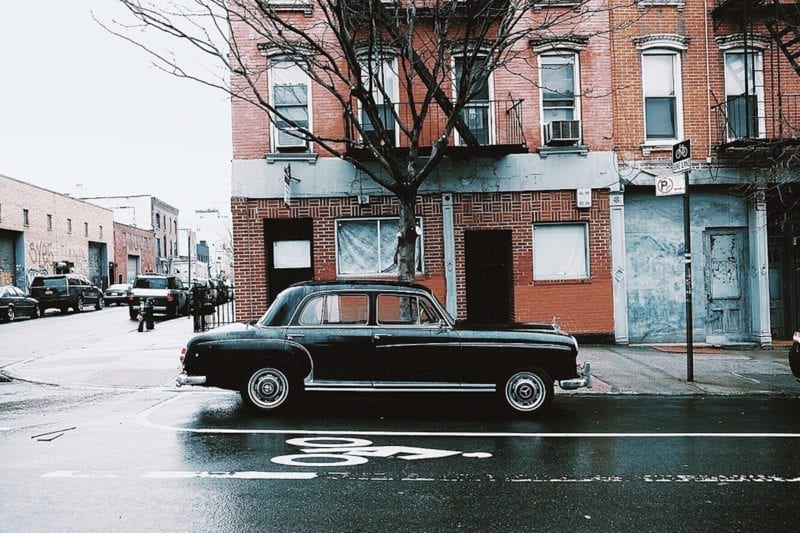
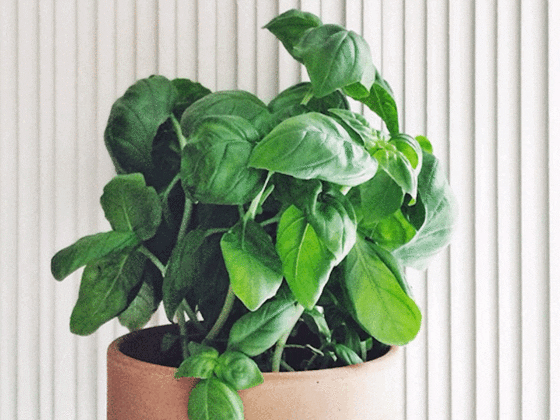
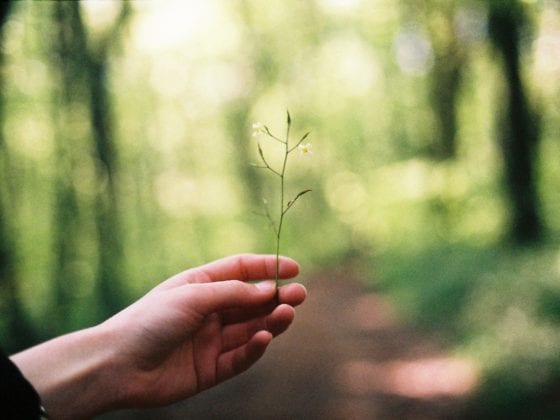







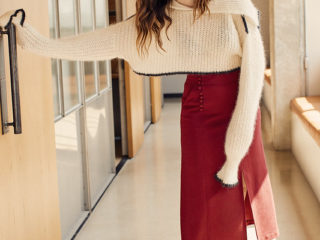
6 comments
Beautiful.
It made me realize how little I knew my father.
(Pet peeve …editor should have caught…use of I instead of me in several places.)
I didn’t learn a whole lot about my father’s childhood until his parents divorced rather late in life (I was already a teenager at the time). He grew up in an abusive household, and I didn’t find out until then just how bad his childhood really was.
It’s one thing to imagine your father as a little boy – it’s another thing entirely to imagine the hell he grew up in with an abusive, alcoholic father. Knowing where he came from made me appreciate even more how hard he worked to give us a great life, and how hard he tried to be a kinder, gentler father than his ever was. He didn’t always get it right, but he tried his best and still does.
He taught me to stick up for myself, hold everyone in my life to a high standard, and that potato chips are amazing in a bologna sandwich. 🙂
This is absolutely beautiful. Poignant.
Lovely and Touching
This is a beautiful and touching article, thank you.
What a great reminder that exploring someone’s past can strengthen your relationship. I see people light up when I ask them questions about their history and will be conscious of doing that more in the future.